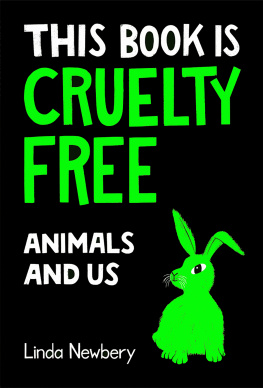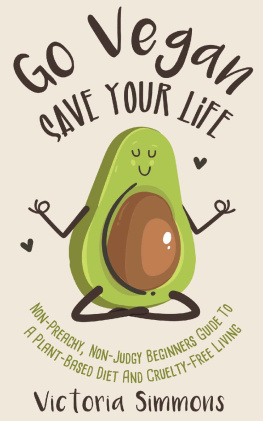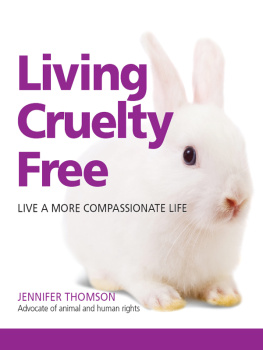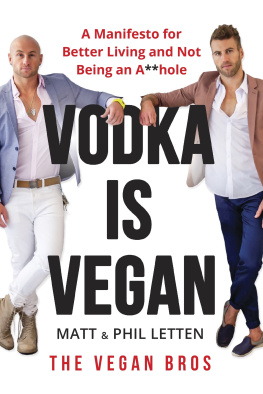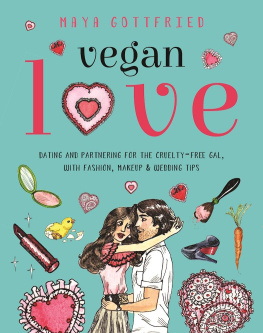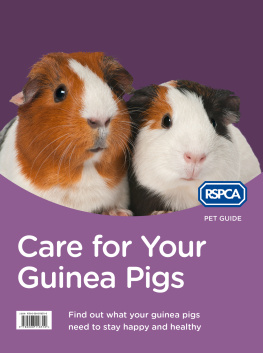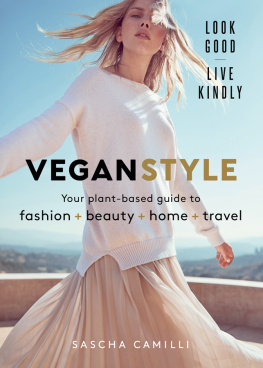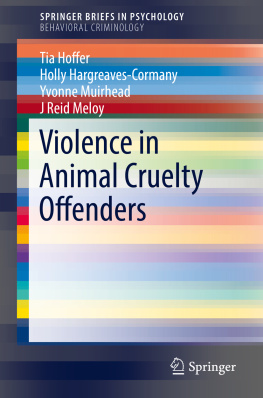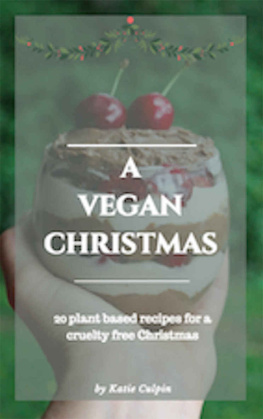Contents
Guide


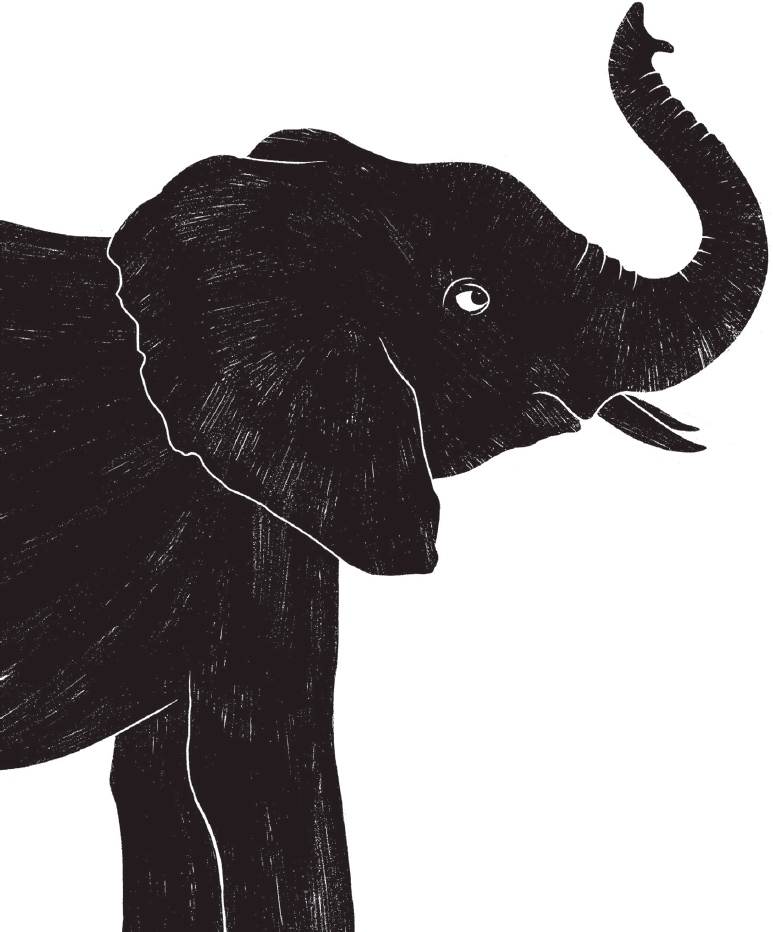
CONTENTS
ITS NOT DIFFICULT TO REALIZE THAT ANIMALS HAVE FEELINGS. LIKE US, THEY EXPERIENCE FEAR, BOREDOM, ANTICIPATION AND PLEASURE.
INTRO
If you have a dog at home or if you spend time with a friend or relatives dog youll know that it has different moods, behaviours, likes and dislikes. It lets you know very clearly when it wants to play or go for a walk, or when its bored, frightened or hungry.
Ive never owned a dog, but Ive had a number of cats over the years, most of them re-homed from animal shelters. At present I have two cats, plus a regular visitor a neighbours cat who calls in most days. All three have distinct personalities: one of ours, Fleur, is talkative and bossy. The other, Holly, is placid and gentle, while visitor Louis is lazy and sometimes playfully aggressive.
Anyone whos kept chickens knows that they have favourite places and food treats, and they love to sunbathe, spreading their wings. They make a range of sounds: alarm calls, squeaks of excitement when given something tasty to eat, and the crooning purr that means theyre really content.
Its not difficult to realize that animals have feelings. Like us, they experience fear, boredom, anticipation and pleasure. I think few people would deny that.
Yet the world around us sees some animals as more important than others. Were taught to take good care of our pets, but to ignore what happens to animals seen as products for us to use. Many shops, businesses and advertisers dont want us to consider how meat gets to supermarket shelves, what goes into their cosmetics or where their plastic packaging ends up. They just want us to buy their products.
Whether or not we have animal companions, the decisions we make every day of our lives what we buy, eat, use and discard have an impact on the environment and animal life. We can choose to support cruelty and waste, or we can choose kindness and responsibility. My own aim is to live in a way that causes as little harm as possible to animals and the environment. I dont always succeed, and dont think anyone can in our society, but I do try.
If this is your wish too, youll face some tricky decisions and some grey areas. In this book I dont aim to give correct answers youll need to decide for yourself, think about how your choices will affect your family and daily life, and what you can realistically manage. Even when you make your own rules, it may prove impossible to stick to them all the time. But it doesnt have to be all or nothing; small changes can make a difference.
Things can and do change. Fifty years ago it was acceptable for fashionable people to wear coats made from animal skins such as beaver, mink and fox; now many top designers have pledged never to use real fur. Vegetarians and especially vegans were once in a tiny minority now were mainstream. Everyone knows about the harm caused by throwaway plastics; there are climate change protests in many countries, and countless campaigns to protect animals and habitats. Weve realized at last that we cant carry on treating the natural world as if its ours to waste and destroy.
What I want to do in this book is to look at the way our daily lives affect animals, examine how the choices we make when we go shopping or on holiday can make a difference, and how we can avoid exploiting animals by choosing kindness, not cruelty. I want to look at what we buy, wear and use, and what we throw away. And I want to explore how we can do better.
If you care about animals, I hope to show how simple changes in your life can make a difference and how you might even influence other people. Every person who chooses cruelty-free shampoo, or avoids buying plastic, or decides to cut down on meat or stop eating it altogether, can begin to influence others. Change happens slowly sometimes much too slowly but it does happen. And thats thanks to people who care about the world and its future. People like you and me.
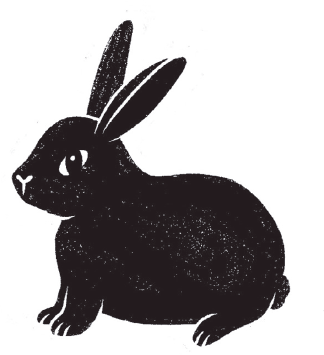
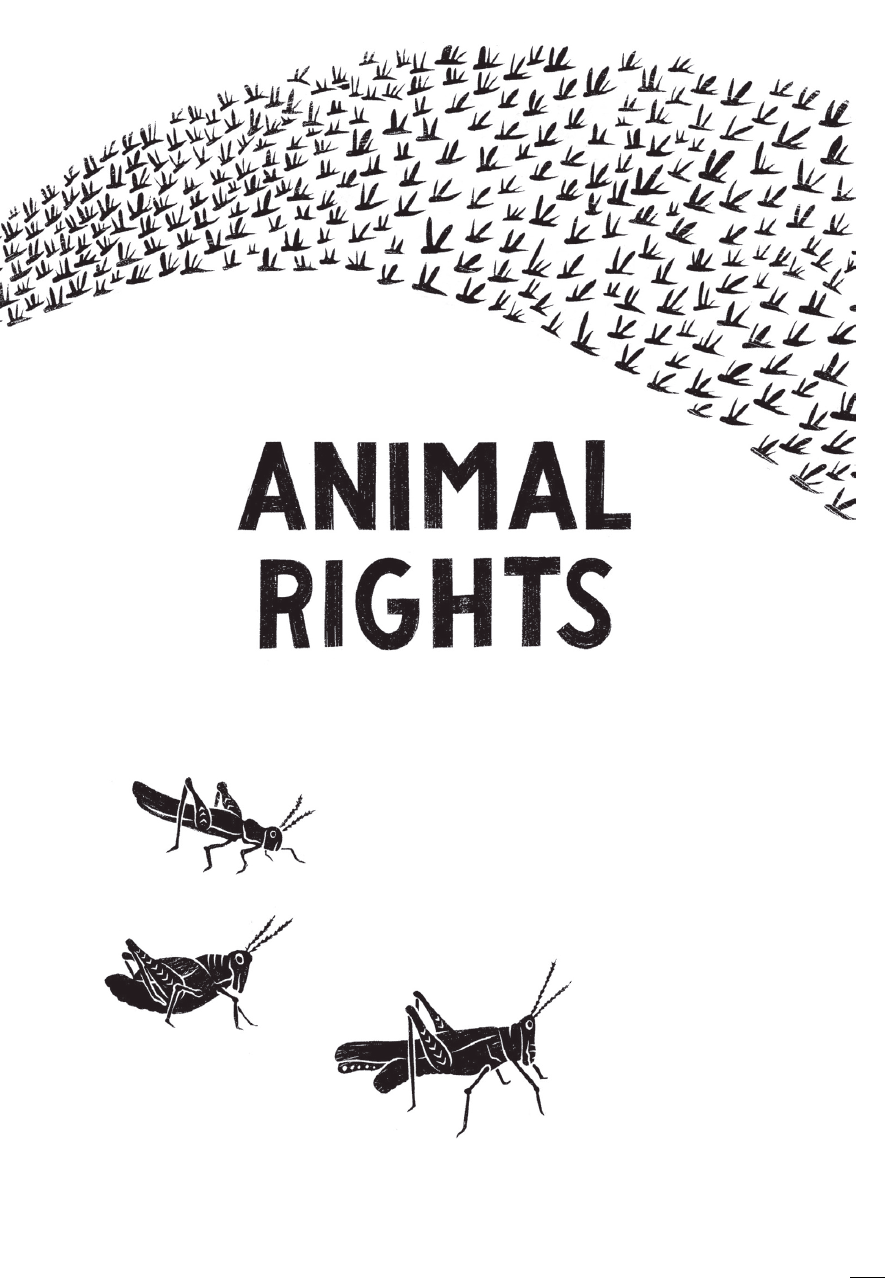
AS HUMANS WEVE GIVEN OURSELVES POWER OVER EVERYTHING ELSE THAT LIVES.
Asking if animals have rights is a complex moral, philosophical and even legal question.
If we ask whether animals have the same or similar rights as humans, including the right to live free and without mistreatment, the answer from the current world would have to be a resounding No they dont. As humans weve given ourselves power over everything else that lives.
This belief in human superiority is challenged by many in the environmental movement. But, as things are in law and custom, humans have assumed that we have the right to breed animals and own them, to kill and eat them, wear their skins and use them for medical research.
Perhaps the question we need to ask is: should animals have rights?
Peter Singer, a philosopher who concerns himself with the ethics of how we treat animals, uses the term speciesism in his book Animal Liberation. Just as racism, sexism and ageism assume that some people should have more rights than others, speciesism assumes that one species (humans) is more important than all others on Earth.
Singer says that even the word animal is biased, as we nearly always take this to mean non-human animal although of course were animals, too. The phrase behaving like animals is used insultingly, meaning that someones behaviour (or more likely it will be used about a group of people) is rough, brutal, deliberately cruel or sadistic. It shows that we think were above the rest of the animal world, purely because we belong to the species Homo sapiens. And in so many ways we use this to deny other animals any rights at all.
Its argued that animals cant have rights because they cant understand the concept of morality, or because they dont have the intelligence of humans. But we accept that a newborn human baby has rights without being expected to have any idea of morals or responsibility. And the intelligence argument hugely underestimates the cleverness of, for instance, dogs, dolphins, pigs, primates and some birds.
Laws regarding animals rights are contradictory some are protected, while others can be killed indiscriminately. Penalties for deliberate cruelty are often too light, and bans against keeping animals arent imposed often enough on those found guilty of abuse.
It took until 2009 for the European Union to declare that farmed animals are sentient beings that they have feelings and can suffer. Until then, farm animals were classed as agricultural products, like cabbages or sacks of flour.
Welfare organizations around the world work hard in their efforts to ensure that animals on farms, in zoos, in the wild, kept as pets are treated with care and consideration. Yet this is always in conflict with the desire to exploit animals for profit and the need to provide food as cheaply as possible to a world hungry for meat and dairy products. In too many countries, animals have little or no protection in law.

